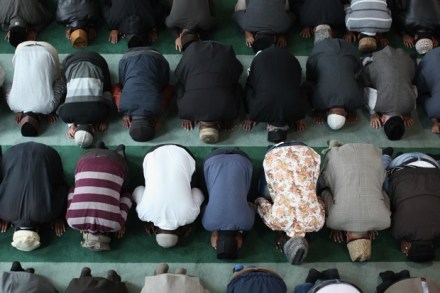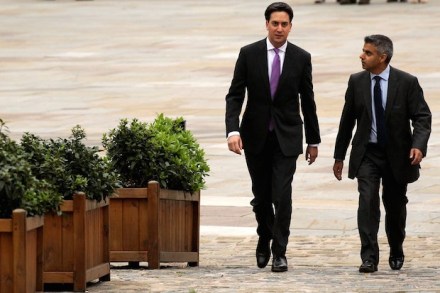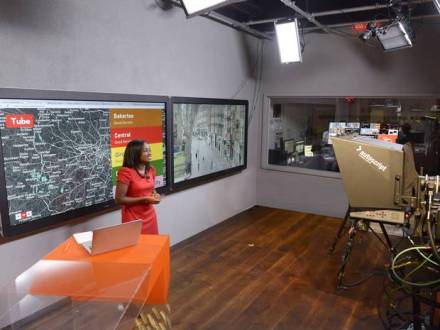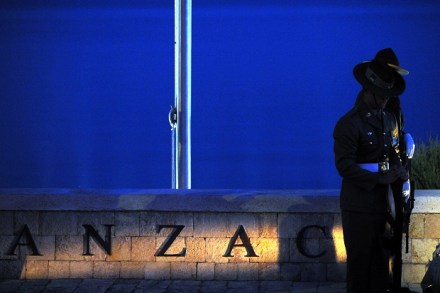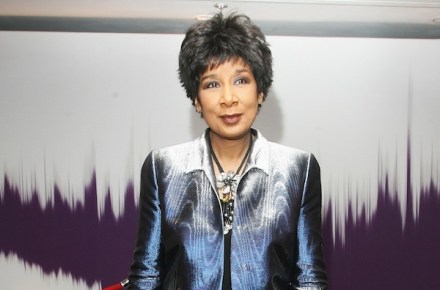Celebrating diversity means imposing misogyny
People talk about their commitment to equality and diversity so readily they must assume there is no conflict between the two. The phrase falls off the tongue as if it were an all-in-one package, and people can ‘celebrate diversity’ and support equal rights without a smidgeon of self-doubt. Until, that is, they have to make a principled choice. Then, whether they admit it or not, they find that they can believe in equality or they can believe in diversity, but they cannot believe in both. If this sounds like the start of a patient exploration of a delicate philosophical distinction, don’t be deceived. There is nothing difficult to understand, and my
